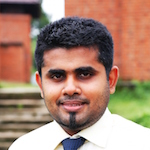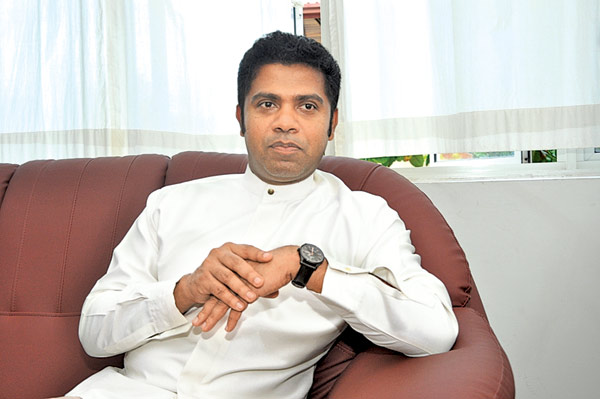Sri Lanka’s Homophobia & Our Silence
By Dinidu Karunanayake –January 9, 2016

The Sri Lankan society in general is homophobic, and it notoriously prides itself on being so. During a recent public speech, monk Galagoda Aththe Gnanasara berated the current government for being “impotent” on grounds of homosexuality. “Today the country is governed by a group of homosexuals. This is a very serious concern…. I can recall the entire list, like The Dhammapada. There are about a hundred of them, and all of them are homosexual….” he yelled. He even went into naming several members of the cabinet, and called them a “p-set,” a term derived from a Sinhala slang word for “a person without male or female genitals.” In a separate incident, speaking to The Daily News on December 10, 2015, JVP parliamentarian Dr. Nalinda Jayatissa made a similar statement about homosexuality. Asked about his stance on LGBT rights, Dr. Jayatissa asserted, “I am totally against Lesbian, Gay, Bisexual and Transsexual (LGBT) rights. This is not the need of the human being. We need a future generation.” Coming from two vastly different political backgrounds—monk Granasara from a neotribal “Sinhalese Buddhist” nationalist background, and Dr. Jayatissa, a Marxist nationalist background—it is noteworthy that both see eye to eye about homophobia. This piece of writing is not meant to be a personal attack on either the monk or the doctor, but a brief examination of an extremist line of thinking embraced by these two, who by and large represent and speak to a larger community of the country. This is also a follow-up response to a much-needed dialogue initiated by Ramindu Perera, Thiyagaraja Waradas and Upul Wickramasinghe.
Several observations can be gleaned from monk Gnanasara’s speech. On the surface, it is a hate speech intended to entertain his followers, to make them feel proud of their own “patriotic” urges which are coded as “masculine.” However, we cannot simply dismiss his claims as such. The monk conflates “homosexual” with “napunska” (“neither male nor female”), revealing a common opinion held by many Sri Lankans. This betrays not only his homophobia—his hatred towards another minority community in the country—but also a gross ignorance about biology and socio-cultural behavior. It must be noted that this is not a unique problem the monk singularly undergoes. As a society in general, Sri Lanka deleteriously stereotypes the queer community so much so that masculinity is invariably a test. The likes of Gnanasara step into the robes of cultural judges and keep demanding laypeople for “masculine valor” by spearheading the wars they have conceptualized. Read More


